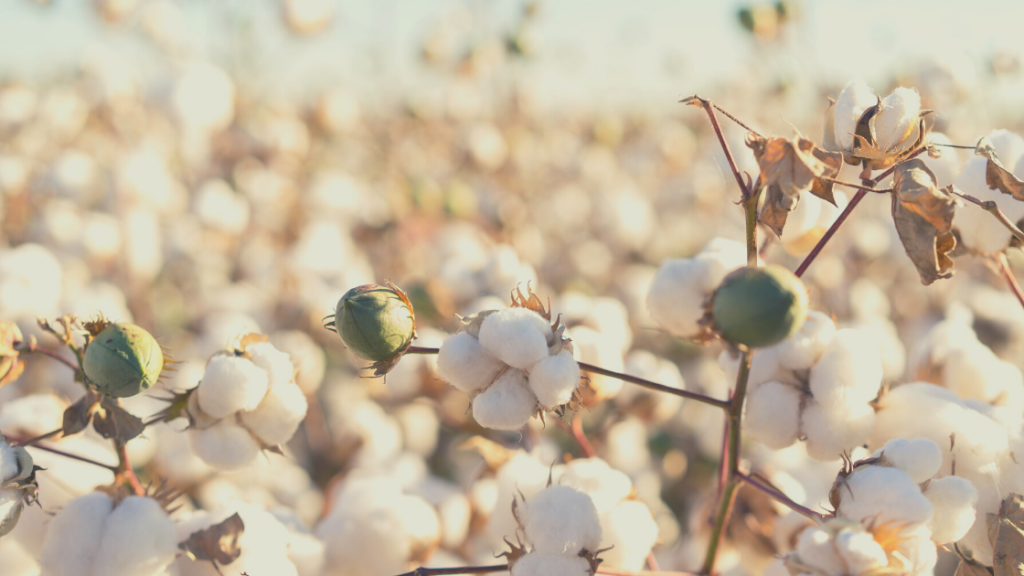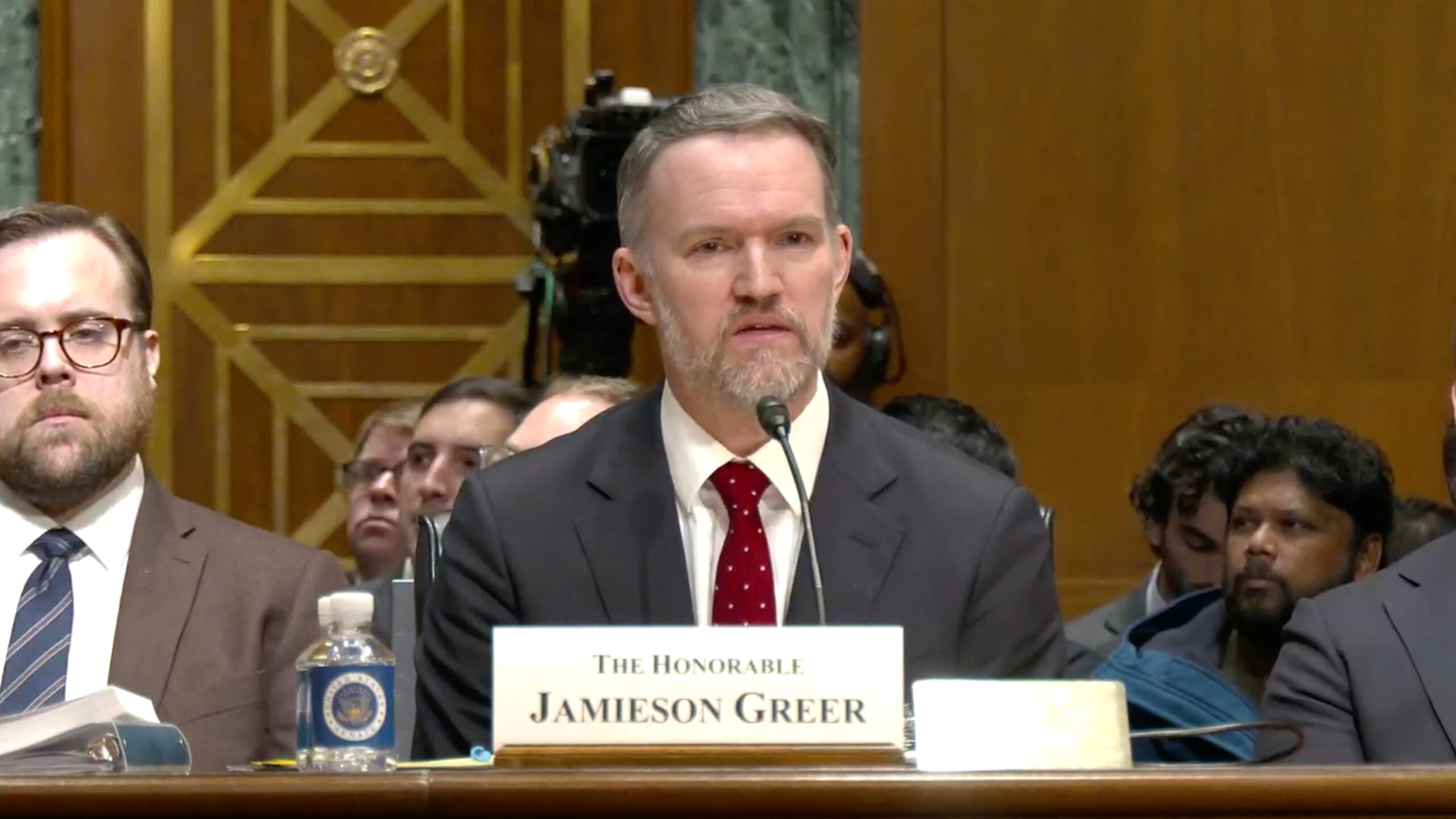CPA’s Take: This move is necessary. The Chinese Communist Party should not profit from the slave labor in the Uighur concentration camps.
The potential move, which could come as soon as Tuesday, comes amid reports of the use of forced labor in Xinjiang, where China has carried out a crackdown against mostly Muslim minorities.
[Ana Swanson | September 7, 2020 | NY Times]
WASHINGTON — The Trump administration is weighing a ban on some or all products made with cotton from the Xinjiang region of China, a move that could come as soon as Tuesday as the United States looks to punish Beijing over alleged human rights violations, three people familiar with the matter said.
The potential ban, which could affect a wide range of apparel and other products, comes amid widespread concerns about the use of forced labor in Xinjiang, where China has carried out a crackdown against mostly Muslim minorities, including a campaign of mass detentions.
The scope of the order remains unclear, including whether it would cover all cotton products shipped from Xinjiang or China, or potentially extend to items that contain Xinjiang cotton and are shipped from third countries.
But any move to block cotton imports could have huge implications for global apparel makers. Xinjiang is a major source of cotton, textiles, petrochemicals and other goods that feed into Chinese factories. Many of the world’s largest and best-known clothing brands rely on supply chains that extend into China, including using cotton and textiles produced in Xinjiang, in the country’s far west.
Studies and news reports have documented how groups of people in Xinjiang, especially the largely Muslim Uighur and Kazakh minorities, have been recruited into programs that assign them to work in factories, cotton farms, textile mills and menial jobs in cities.
President Trump has taken a harder stance toward China as the presidential election approaches, blaming Beijing for allowing the coronavirus to spread around the world and ravage the American economy. The Trump administration has steadily ramped up its pressure on China in recent months, placing sanctions on dozens of companies and individuals over alleged human rights violations in Xinjiang and national security risks.
The new ban could produce a stampede out of China for major apparel brands. Amid a prolonged trade war and rising tensions between the United States and China, many companies have looked to relocate apparel supply chains to countries like Vietnam, Bangladesh and Indonesia. But some have found China’s quality production hard to replicate, or faced fierce competition for factory space.
The measure, called a withhold release order, would be issued by U.S. Customs and Border Protection. The agency has in the past issued such bans against individual companies it suspected of using forced labor in Xinjiang, but it has been weighing more sweeping action against a broader category of goods. Customers and Border Protection did not immediately respond to a request for comment.
In July, the Trump administration placed several apparel companies on a blacklist that prevented them from buying American products, citing their use of forced labor in Xinjiang. The list included reported current or former suppliers to major international apparel brands, such as Ralph Lauren, Tommy Hilfiger and Hugo Boss. Several of the listed Chinese companies and the major international brands they supply pushed back against those measures, saying they had found no evidence of forced labor or other abuses in their supply chains.
Companies caught up in the debate over whether their products are made with forced labor say the opaque nature of Chinese supply chains can make it difficult to trace exactly where cotton is sourced.
Read the original article here.












